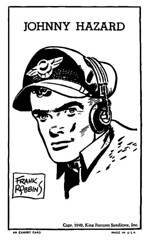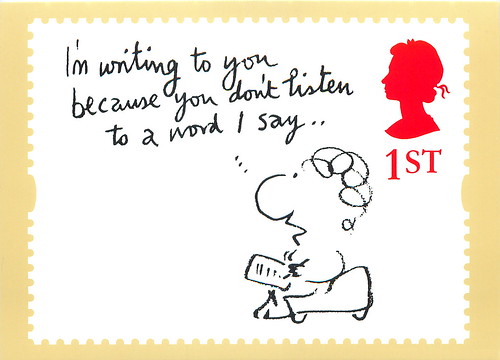Spell check, when properly used, can be a valuable tool. After all, terrible spelling can get in the way of conveying your message. That said, there are still sometimes very good reasons to not use it.
- Historical documents. It’s actually a fairly recent development that English spelling and grammar have been fully standardized. Even as recently as the early to mid 1800s, there was a good bit of variation in the way words were spelled. Most words were spelled based on their pronunciation. So when copying, quoting or excerpting from historical documents, or when writing in the style of a historical period, spelling will be nonstandard. This will really cause headaches for even the most sophisticated spell checking program.
- Mixed languages. When combining lots of words and phrases from more than one language in a single document, very likely all of the foreign words will end up getting caught up in the spell checker. This even goes when combining different versions of English, such as American and Australian or Canadian and South African.
- Highly specialized or technical jargon. Every field has its own acronyms and jargon but some are more specialized than others. Medical and scientific fields come readily to mind. If it’s a field for which you’ll be writing documents often, you may want to update your spell check dictionary. Sometimes specialized dictionaries can be downloaded and installed, other times you may have to perform the updates yourself to a custom dictionary.
- Science Fiction. When writing certain fictional works, especially science fiction, your document is likely to contain many made-up words that simply won’t be found in any spell check dictionary.
- Deliberate misspellings. There may actually be times when your writing will include deliberate misspellings. For example, say you were writing an article about abbreviations that teens use when text messaging. Or even an article about commonly misspelled words. It would be difficult to write such an article without deliberately misspelling words to illustrate the point.
In each of these first five cases, you may or may not want to actually turn off spell check, but you’ll almost certainly want to selectively ignore it. With passive spell checkers, you may feel fine looking past lots of highlighted words. Active spell checkers, which scan the document and stop when they find a misspelled word, may be better not used at all.
However you do it, you will definitely want to turn off the autocorrect feature to prevent spell check from “helping” you and changing your document in the process!
- Early drafts. Perhaps the most compelling time to avoid using spell check is when writing an early draft of a document that you will eventually spell check. During free writing, getting caught up in worries about spelling and grammar gets in the way of the flow of thoughts. It is much better to simply write what is in your mind, so long as you’ll be able to decipher your meaning and fix it all up later. Even passive spell checkers, which merely highlight misspelled words, will provide a distraction that could get in the way of the free flow of thoughts. Better to completely disable spell check until you are on the second or third draft and it’s time to clean things up for eyes other than your own.
Click any of the icons below to retweet these passages from the above article.
![]() 6 Reasons To Write Without Spell Check
6 Reasons To Write Without Spell Check
![]() It’s a recent development that English spelling and grammar has been standardized.
It’s a recent development that English spelling and grammar has been standardized.
![]() This will cause headaches for even the most sophisticated spell checking program.
This will cause headaches for even the most sophisticated spell checking program.
![]() Every field has its own acronyms and jargon but some are more specialized than others.
Every field has its own acronyms and jargon but some are more specialized than others.
![]() There may actually be times when your writing will include deliberate misspellings.
There may actually be times when your writing will include deliberate misspellings.
![]() Perhaps the most compelling time to avoid using spell check is when…
Perhaps the most compelling time to avoid using spell check is when…
![]() Worries about spelling and grammar get in the way of the free flow of thoughts.
Worries about spelling and grammar get in the way of the free flow of thoughts.





